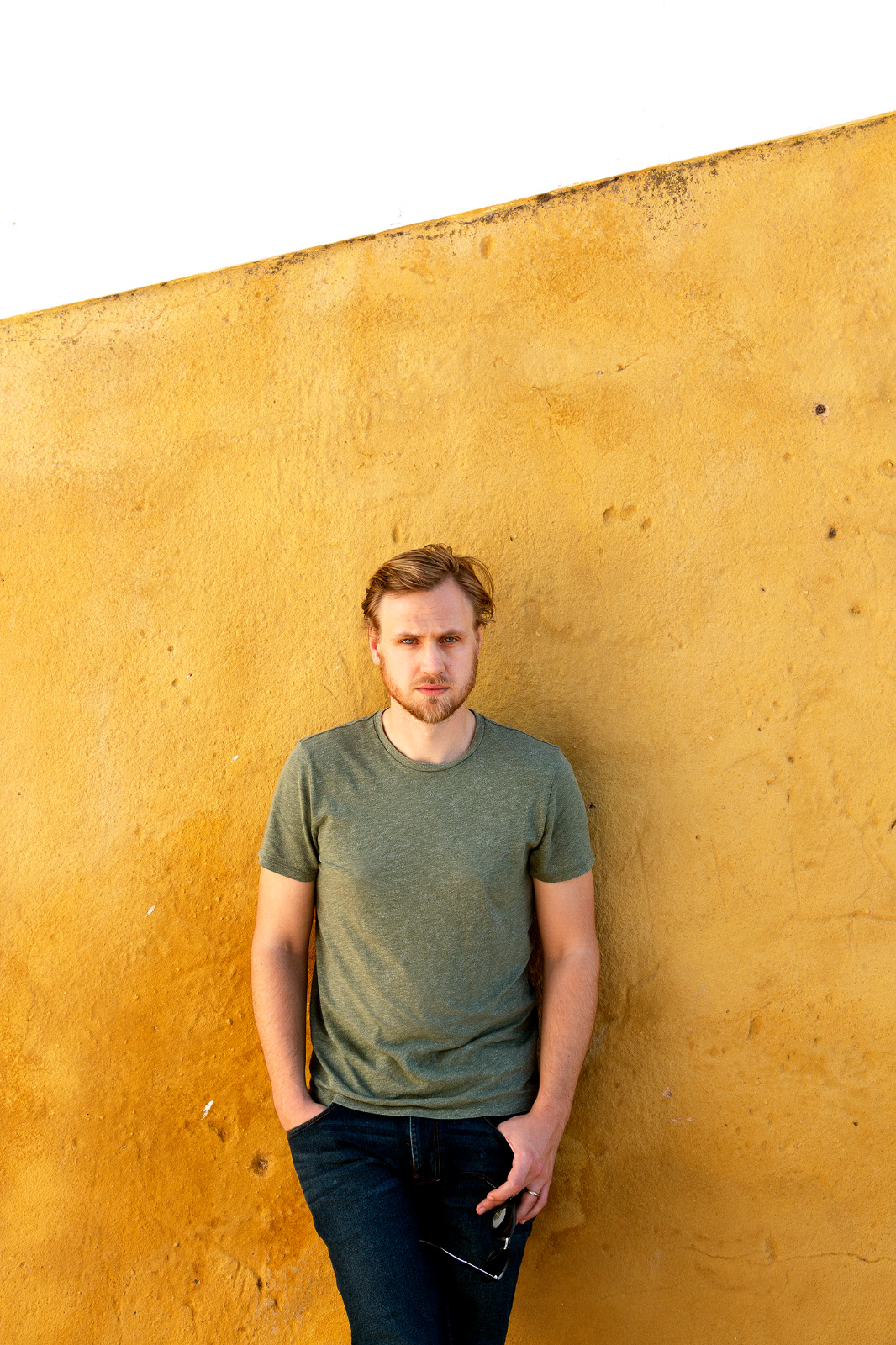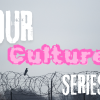
“We need to create sober, patient people, who do not despair in the face of the worst horror and who do not get excited about every little thing. Pessimism of the intellect, optimism of the will.”
– Antonio Gramsci
By Omar Sabbagh
When I was fifteen, my father, a long-standing politico, but never a politician, asked me what I wanted ‘to be?’ I remember that I replied almost instantaneously that I wanted to be a historian, as history was my favorite subject and one for which I had a talent, flair even. He grumbled, chuckled, and said that he’d prefer I become a banker, so that I might ‘invest some of my father’s money.’ But back then, it was history that had me riveted. Indeed, I came first in the UK in my English History exam at A-Level, primarily, I’m guessing, because by then I was an adept of Marxism and I remember using a Marxist argument in at least one of my essays during that exam. I was for an eighteen-year-old by then quite sophisticated, I suppose.
I went on to study PPE at Oxford. Indeed, when I went up for interview in the early Spring, I think it was, of 1999, Franz Fanon’s The Wretched of the Earth as introduced by Sartre in the Penguin classics edition safely by my side for that chilly weekend, I knew I’d done very well. The youth who was after me in line for interview caught me outside to say he’d overheard them discussing my performance before he was called in, and said they’d given me an Alpha-Beta. When I then phoned my best chum, who was already berthed at Exeter College, Oxford, one year ahead of me, he told me that I had nothing to worry about, as he knew people who’d been accepted having achieved a Beta minus minus. I was given an ‘A, A, B’ offer, which was an indication, I think, that I was wanted.
In my first year studying PPE, overly and overtly Marxisant for my age, I remember how nervous I was in my first tutorial, shared with a blue-eyed chap with blond curly hair who was much less clued-in to politics or political philosophy than I was. I’d written something like a ten-thousand-word essay for that first tutorial and when it was returned to me with a somewhat stellar grade, my tutor commented, marveling, that she thought I knew more about Marxism and its modes of argument than even she did. But nearly the whole time remaining to me at Oxford soon became a bit of a write-off, as I suffered from a nervous breakdown and from paranoid delusions, triggered perhaps by smoking the wrong stuff, and then was heavily medicated for the second half of my sojourn there in Oxford.
So, what does politics mean to me now, decades on? While my views and beliefs held cognitively are still very left of centre, I think that what drives me most leftward in those consciously-held beliefs, has more today to do with my sensitivity and overwhelming feeling of compassion than the bona fide politico-economic arguments which, in the right hands, still of course hold water. As I’ve aged it’s more the ghost of Rousseau (another paranoiac, by the way), than Marx, that haunts my political manners as it were. I can’t bear the sight or indeed the thought of those who are truly abject, and so, am quick to offer alms when I can, for all the inadequacy, from a Marxist perspective of such Tolstoyan fare.
Furthermore, while left-wing in my views, I am I have realized over the years a conservative, not in politics, but in temperament. I like my comfort zone, and am averse to any truly worthy risk-taking. And the conflict between that rather cosseted mentality and the more adventurous beliefs that our world could be made so much healthier, fairer, and better, has also led to me to appreciate the whole notion of political radicalism as in part a bit of a doomed show, for me at least. (It could also be a bit of a lazy cop-out as well? A feature of my privilege, in so far as I don’t really have a need to be politicized. And so, I’m not sure I’m the best one to judge.)
I remember thinking of Voltaire’s Candide, which I’d studied at A-Level, when later during my PhD reading and writing on some of Joseph Conrad’s novels, like Heart of Darkness or Lord Jim. By that time, in my late twenties, I could appreciate the tragic modernist realism of young men who started out as romantic idealists, hoping to conquer and change the world for the better, ending up as sadists and suicides. It was a bit of a Burkean lesson, or one as picked-up-on in, say, the late Roger Scruton’s The Uses of Pessimism and the Dangers of False Hope.
Which is certainly not to say I’m a conservative now, by any means, but is to say that one thing I now find flawed in some radical thinking is its implicit and overwhelming rationalism, in the sense that it is often assumed in such radical approaches that there is a waiting order of things, under the surface of daily phenomena, a structure as it were that is complete and readied for disclosure and insight. There is of course, but it doesn’t go down all the way in my view. (Indeed, Paul Ricoeur called Marx, for one, a ‘master of suspicion,’ which, if the labeling is accepted, makes Marx another, more broad-brushstroke paranoiac, I suppose!) Because for me, a pertaining notion of the radical inexorability of sheer contingency has become significant to how I consider the movement of the world, and how it tends.
Yes, there are no doubt deep structural reasons behind the rise of a Trump or a Netanyahu, but still, the tenor of our contemporary times suggests to me that, increasingly, the fluky and the contingent and very individual vision, however malignant or malicious, has a deeper and more potently impactful part to play in our world than previously. The leftist phrase, ‘it is no accident that….’ seems to me a little less sturdy in today’s world. Another way of saying this is perhaps to say that in recent times we’ve had a bit of a void, which has encouraged a few Luciferian or, better, Satanic flukes to commandeer the world stage. Because there is nothing light-bearing about such darkened wills at the helm of our presently benighted world. The more Hebraic notion of the ‘enemy,’ though, does seem more apposite.
My father was a young Baathist revolutionary in the 1950’s and 1960’s. He is now a liberal of a social democratic sort, though still vehemently opposed to empire and its drive through the Middle East, then as now. But he tells me that their one enduring fault, those decades and decades ago, was to go for revolution in one fell swoop. What they should have done, he came to realize, was to go for a more piecemeal process of gradual reform, thereby eliding the void that he and his comrades created when their pan-Arabism was overcome, as it was bound to be in a world where might, simply put, is right; the void that invited the tyrants, like Saddam Hussein, Hafez El-Assad, or Gaddafi, and so on, to amply fill and ruin the Middle Eastern political scene, and for decades and decades to come.
So, all in all, I suppose Gramsci got it close to the mark: optimism of the will, I think he’s famed for saying, pessimism of the intellect. There’s nothing I want more than our world to become fairer, thus healthier and safer. It’s the only long-wave gambit, perhaps, that might just allow our world to survive. But something naggingly-insistent inside of me, being more of a literary and philosophical person now, than a political one, says that the barren and searing truths of tragedy, not justice, will hold the day.
But that said, of course, I hope not.















